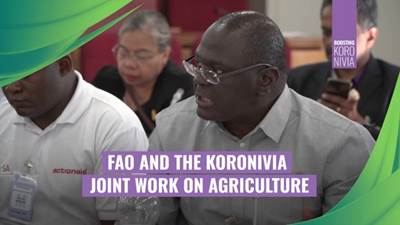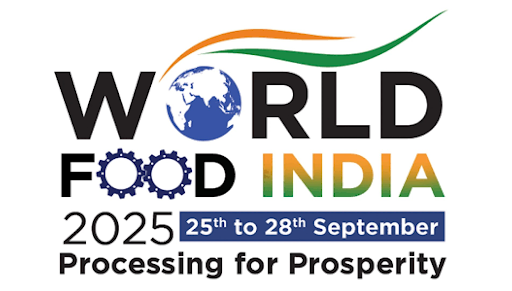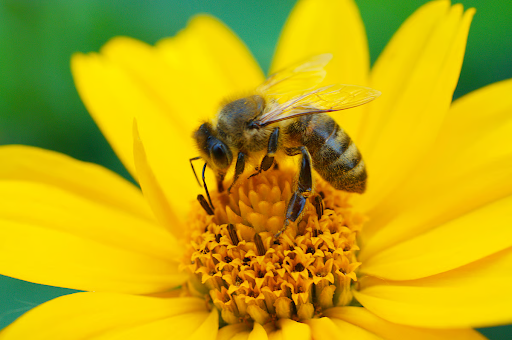Description

Disclaimer: Copyright infringement not intended.
Context
- India communicated strong objections to discussions under a special UN Framework Convention on Climate Change effort known as the Koronivia Joint Work on Agriculture in the COP 27.
- his Convention has sought to expand efforts to reduce emissions of greenhouse gases to the agriculture sector.
About
- The KJWA was established at the 23rd Conference of the Parties (COP) in Fiji in 2017 as a new process to advance discussions on agriculture in the United Nations Framework Convention on Climate Change (UNFCCC).
- It includes agriculture in tackling climate change. Under this, countries agreed to work together to make sure that agricultural development ensures both increased food security in the face of climate change and a reduction in emissions.
- The Koronivia decision addresses six interrelated topics on soils, nutrient use, water, livestock, methods for assessing adaptation, and the socio-economic and food security dimensions of climate change across the agricultural sectors.
Agriculture
- Agriculture is a victim of climate change. But it is also responsible for more than a third of all greenhouse gas emissions.
- Experts blame the bulk of the emissions from the sector on industrial agriculture and highlight a dire need to make a shift to agroecology. That means working with nature and local communities to support food security, livelihoods, and biodiversity and help to buffer temperature extremes and sequester carbon.
- In terms of production systems, industrial models of agriculture that are reliant on agrichemicals and monoculture cropping are failing people and the climate.
- Identifying which agriculture is responsible for climate change is important. Small-scale traditional and biologically diverse forms of agriculture have comparatively minimal input to greenhouse gas emissions but the small-scale farmers are disproportionately impacted by climate change even though they have done little to cause the crisis.
India’s objections
Compromising the very foundation of food security in the world
- Expressing concern over the draft decision text on the Koronivia Joint Work on Agriculture, India said developed countries are blocking a pro-poor and pro-farmer decision by insisting on expanding the scope for mitigation to agriculture, thereby compromising the very foundation of food security in the world.
Greenwashing of industrial agricultural
- There has been a greenwashing of industrial agricultural practices at COP27. A growing number of green buzzwords are being used to obstruct food system reform at the climate COP. One particular term, ‘nature-based solutions’, is rapidly gaining traction at international summits, but it lacks an agreed definition, a transformative vision and is being used to maintain agribusiness as usual.

Hijacking of food system sustainability amid food insecurity
- The glaring issue is sustaining food security at the moment. But agrifood corporations, international philanthropic organisations, and some governments are using the term ‘nature-based solutions’ to “hijack the food system sustainability agenda.
Perpetuating industrial monoculture farming
- At COP27, giant agri-businesses, powerful governments, and philanthropists are promoting themselves as food and climate saviours. Under the guise of ‘nature-based’ or ‘climate smart’ solutions, they are perpetuating the centralised, polluting, vulnerable system of industrial monoculture farming. For instance, the United States and United Arab Emirates-led Agriculture Innovation Mission for Climate (AIM4C) has been criticized by favoring big businesses and promoting uncertain techno-fixes. The mission was launched at COP26. Part of the promotion of climate-smart agriculture which AIM4C is doing is unproven techno-fixes like feed additives and other things like more efficient use of agrochemicals, fertilisers, pesticides.
Distracting Attention
- The developed countries are distracting attention from their excessive GHG emissions by emphasizing reduction in agriculture emissions which are ‘survival emissions’ and not ‘luxury emissions’.
- India made it clear that the world is facing a climate crisis today because of the excessive historic cumulative emissions by the developed nations.
Failure of developed countries
- Nations are “unable to reduce their emissions domestically by any worthwhile change in their lifestyles. Rather, they are searching for cheaper solutions abroad.
World agriculture- A mitigation site for developed countries’ GHGs
- In most developing countries across the world, agriculture is practised by small and marginal farmers who till hard, toil hard and brave the vagaries of extreme weather and climate variability as well as the additional stress of climate change.
- By seeking to extend the scope of mitigation to agriculture, the developed countries are wanting the world agriculture, lands and seascapes to become a site of mitigation for profligate, excessive emissions by developed countries.
No finance to the developing world- Breach of promises
- India said there are no additional finance offers on the table by developed countries and the existing interim operating entities like Global Environment Facility and Green Climate Fund are being used to handle excessive emissions of Developed world and now the responsibility is being shifted to developing countries by turning agriculture into a site of mitigation.

Responsibility is being shifted to countries that emit the least GHGs
- South Asia’s historical CO2 cumulative emissions from the pre-industrial period till 2019 are less than 4 percent (including land use, land-use change and forestry activities), as reported by Working Group III of the Intergovernmental Panel on Climate Change (IPCC), despite it being home to almost one-fourth of humanity.
- India’s per capita annual emissions are, even today, about one-third of the global average. If the entire world were to emit at the same per capita level as India, there would be no climate crisis.
- India is among those countries with high vulnerability to climate change. India consistently maintains that agriculture in the developing world is primarily the site of adaptation.
https://thewire.in/environment/at-cop27-india-flags-concerns-over-rich-nations-efforts-to-extend-mitigation-to-agriculture









